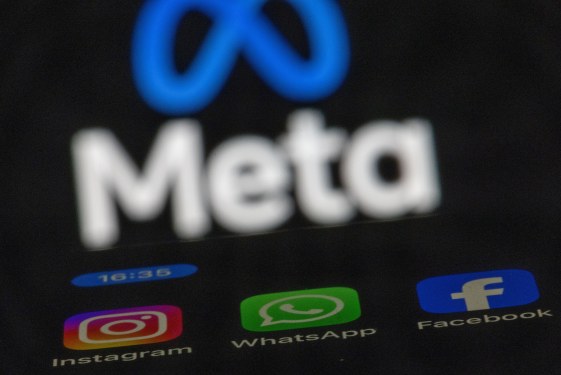Combating Celebrity Scam Ads and Beyond
In a move aimed at bolstering its efforts against scammers, Meta has announced an expansion of its tests of facial recognition technology. This development comes on the heels of previous trials, which have been met with both praise and criticism from various quarters.
What’s New?
Meta’s latest foray into facial recognition is focused on using this technology as a tool to prevent celebrity scam ads from flooding user feeds. These types of scams often involve fake profiles mimicking well-known individuals or celebrities, tricking users into sharing sensitive information or sending money.
The social media giant’s approach involves employing AI-powered tools to detect and flag potential scams. By leveraging facial recognition capabilities, Meta aims to create a more secure environment for its billions of users worldwide.
How Does it Work?
In this latest iteration, the company is exploring the use of video selfies as an additional layer of verification when account holders attempt to recover access to their accounts. This process involves uploading a short video of oneself, which is then used to compare with existing profile pictures stored on the platform. If a match is found, the user’s account can be safely restored.
While this method may seem invasive, Meta assures users that any facial data collected during this process will be deleted immediately after verification. Moreover, this technology is being tested globally, although it’s worth noting that some jurisdictions – like the UK and EU – have stricter regulations regarding biometric data usage.
A PR Strategy in Motion?
Critics argue that Meta’s push for expanded facial recognition capabilities aligns with a broader PR strategy aimed at convincing lawmakers to ease stringent privacy protections. By framing these efforts as essential to combating scammers, the company is attempting to sidestep concerns surrounding its handling of user data and its use for training commercial AI models.
Meta’s stance on this issue is evident in recent statements from Andrew Devoy, a Meta spokesperson, who acknowledged engaging with regulatory bodies while continuing to refine the features. The company emphasizes that it will "seek feedback from experts and make adjustments as the features evolve."
The Fine Line Between Security and Surveillance
While some may view the use of facial recognition technology for narrow security purposes as acceptable, others warn about the slippery slope toward a society increasingly reliant on biometric surveillance. In this context, Meta’s expansion of facial recognition tests raises questions about its long-term implications for user data protection.
With millions of users worldwide already invested in using social media platforms like Facebook and Instagram, it remains to be seen whether this development will spark meaningful debate about the limits of technological innovation versus individual rights and freedoms.
What Next?
As Meta continues to push the boundaries of AI-powered security measures, it’s crucial that policymakers and industry experts remain vigilant. This includes scrutinizing the company’s use of user data for commercial purposes and ensuring that any new technologies developed serve the greater good rather than perpetuating exploitation.
In this evolving landscape, TechCrunch will continue to monitor developments surrounding facial recognition technology and its implications on user privacy and security.
Meta’s Global Facial Recognition Tests
- What: Meta is expanding tests of facial recognition technology to combat celebrity scam ads.
- How: The company is using AI-powered tools to detect potential scams, leveraging video selfies as an additional verification layer for account recovery.
- Where: These tests are being conducted globally, although not currently in the UK or EU due to stricter data protection regulations.
The Intersection of Technology and Ethics
As we navigate this complex landscape, it’s essential to recognize that technological advancements can have far-reaching consequences. By engaging in open discussions about these issues, we can work toward creating a more secure and equitable online environment for all users.
Please let me know if you would like me to make any changes.









